Global trendsetters in IT are placing a bet on Yokohama
The IT community was taken by surprise when they heard the announcement that US tech giant Apple Inc. had chosen Tsunashima, a less-known area in the northern part of the City of Yokohama, as the location of the Apple YTC, their highly anticipated major Asian R&D hub. Why would Apple choose Yokohama over other Asian tech hubs such as Singapore and Beijing? Why would they be in Yokohama rather than in Tokyo, a world-class megacity that is less than 20 miles away?
In fact, there are plenty of good reasons to back Apple’s choice.Over the years, the port city of Yokohama has attracted many c from all over the country and abroad, due to a number of favorable conditions such as being at just the right distance from the Tokyo mega-market, unbeatable accessibility to key industry centers, established cluster of high-tech manufacturing,and a highly skilled workforce. It isn’t just Apple that has decided to establish a major R&D base in one of Yokohama’s nine bustling business districts. The NEC Lenovo Japan Group has established an R&D facility in the Minato Mirai district, which is one of the four R&D facilities operated by Lenovo Group Limited around the globe. Samsung Electronics Co., Ltd. and Huawei Technologies Co. Ltd. have also moved their Japan-based R&D functions in Yokohama. Furthermore, South Korean multinational LG Electronics, Inc. has announced plans to start operations of their LG Yokohama Innovation Center in 2021.
Many IT firms, from small local enterprises to global companies, have established branches or R&D headquarters in Yokohama, while the City has continued to be a popular destination for startups and small and medium-sized enterprises (SMEs). The Shin-Yokohama Area has attracted many semiconductor companies, while the Minato Mirai 21 District has seen a clustering of software companies, and the Kannai/Yamashita District has seen a notable rise in the number of digital content businesses.
The growing sector is supported by first class education-al and research institutions, such as 9 science and engineering universities, incubation centers, and Technology Licensing Organizations (TLOs), many of which have collaborated with Yokohama IT companies in technology transfer and joint research projects. The Tokyo Institute of Technology (TITECH) has recently established the Institute of Innovative Research (IIR),while several leading institutions have advance research facilities on their Yokohama campuses. Yokohama’s academic community has also shown sensitivity towards the latest industry needs and trends; there are a number of institutions in the region that offer advanced degrees in information security, anticipating a growing need in cybersecurity professionals. For instance, Yokohama City University(YCU) established a brand-new School of Data Science in April 2018, becoming the first university in the Greater Tokyo area to offer a full degree in data science. Furthermore, Keio University announced in May 2018 the opening of the IBM Q Network Hub, an advanced quantum computing research base at its Yokohama-Yagami Campus. IBM Q is a general-purpose quantum computer being developed by the US tech giant International Business Machines Corporation (IBM), and Keio’s facility will be the only facility in Asia equipped with this high-spec cloud computing system.The university has announced its plans to collaborate with local companies in research projects and workforce development programs aimed at raising “quantum natives.”
Innovation fueled by multi-layered collaboration
Another reason that companies like Apple are choosing Yokohama over other locations is its unique culture that embraces innovation and large-scale experimentation of new ideas and technology. The Apple YTC will be located in the Tsunashima Sustainable Smart Town (Tsunashima SST), a groundbreaking project spearheaded by Panasonic Corporation, Nomura Real Estate Development Co., Ltd., and the City of Yokohama that em-bodies the region’s innovation prowess. The aim of the project is to create a smart community that serves as a place for cross-sector collaboration that gives way to innovation that links technology,people, and the community. Tsunashima has set aggressive goals in areas such as environment, safety, and security to become a model for the rest of Japan and the world as a city that addresses sustainability through the use of technology.
The city has been actively involved in building platforms to facilitate various government-industry-academia collaborations. In June 2017, Yokohama and its partners launched the IoT Open Innovation Partners (ITOP Yokohama), a collaboration platform for businesses and organizations invested in innovation in fields such as the Internet of Things (IoT), big data, artificial intelligence(AI), and robotics. ITOP Yokohama currently has over 300 members and carries out a wide variety of activities such as knowledge exchange, networking, collaborative projects, and joint workforce development initiatives to collectively address challenges facing the industry and create new opportunities. ITOP Yokohama has recently spearheaded several newsworthy field tests in smart technology; in December 2017, mobile portal and e-commerce website provider DeNA Co., Ltd. and NISSAN MOTOR CO.,LTD. announced that they are collaborating with ITOP Yokohama to start field testing Easy Ride, a smart ride-hailing service that deploys a fleet of self-driving cabs, in the Minato Mirai 21 District, with the goal of launching full-fledged service in the early 2020s. Another example is the ITOP Yokohama House of the Future Project, which has worked with 10 industry partners in experimenting IoT smart homes since December 2017 and completed its second proof of concept in summer 2018. ITOP Yokohama also provides small grants of up to 100,000 JPY to support SMEs looking to install IoT devices in their companies to boost productivity.
Additionally, the Economic Affairs Bureau of the city and the Yokohama Industrial Development Corporation (IDEC) co-host the “Yokohama IT Cluster Exchange,” a private sector led net-working initiative which brings together IT professionals from large companies and SMEs, academics, and entrepreneurs to hold events such as seminars, discussions, and startup pitch competitions.
Efforts by the city to increase the global competitiveness of its IT sector started early; in the early 2000s. In 2004, the City released the “City of Yokohama IT Sector Strategy,” and established a “Special Zone for Global IT Business Exchange” (2004-2010) within the city bounds to accelerate collaboration between leading companies and influencers from all over the country and abroad. This was part of a national government led scheme to create “Special Zones for Structural Reforms” in focus industrial centers around Japan. Through such initiatives, the city has committed itself to developing the capacity of its IT workforce over the years.
Washington CORE L.L.C.
December 2018
Initiatives
ITOP Yokohama: An innovation platform for collaboration and exchange, project implementation, and human resources development to spur the growth of new businesses in IoT, big data, AI, and robotics, while capitalizing on Yokohama’s existing manufacturing and IT industries. In order to qualify for membership, companies/organizations/universities must be interested in engaging in open innovation to design new products or services using IoT etc., and either already work with SMEs or plan to involve SMEs in their prospective projects.
Yokohama IT Cluster Exchange: An organization that aims to expand business opportunities for venture firms and SMEs in Yokohama. Initiatives include technological and management advising and business matching between companies and universities.Initially launche as the “Shin Yokohama IT Cluster Exchange” by several semiconductor companies and the Economic Affairs Bureau of the City government, the exchange rebranded itself to its current name in February 12, 2013. The exchange is currently run jointly by local companies, the Economic Affairs Bureau, and IDEC.
References
IDEC: http://www.idec.or.jp/shisetsu/
ITOP subsidies for IOT installation by SMEs: https://itop.yokohama/news/detail.php?nid=85
ITOP Yokohama House of the Future Project: http://fpcj.jp/en/prlisting/yokohama_house-of-the-future-project_pressevent/
IT sector statistics (At a Glance): http://www.city.yokohama.lg.jp/keizai/toukei/yokohamakeizai/
JETRO “Regional Information: Yokohama city”: https://www.jetro.go.jp/invest/region/yokohama-city/icinfo.html
Keio University: http://www.sd.keio.ac.jp/first/aboutsd/; https://www.businessinsider.jp/post-167668; https://www.hpcwire.com/2018/05/17/ibm-q-network-expands-in-japan/
LG Yokohama Innovation Center: https://www.lgjlab.com/company/future.html
Special Zones: http://www.kantei.go.jp/jp/singi/tiiki/kouzou2/ninteisinsei.html; http://www.kantei.go.jp/jp/headline/kokkasenryaku_tokku2013.html; http://www.kantei.go.jp/jp/singi/tiiki/kouzou2/kouhyou/051122/dai9/101.pdf; http://www.city.yokohama.lg.jp/seisaku/kyoso/tokku/
TITECH Institute of Innovative Research: https://www.titech.ac.jp/about/organization/iir.html; https://www.titech.ac.jp/news/2018/041424.html
TLOs: https://www.jpo.go.jp/kanren/tlo.htm; http://www.yokohamatlo.co.jp/
Tsunashima SST: http://tsunashimasst.com/EN/
Venture Plaza: http://www.smrj.go.jp/incubation/yvp/
Yokohama City University School of Data Science: https://www.yokohama-cu.ac.jp/academics/ds/index.html
Yokohama IT Cluster Exchange: http://www.shin-yokohama.jp/event.html
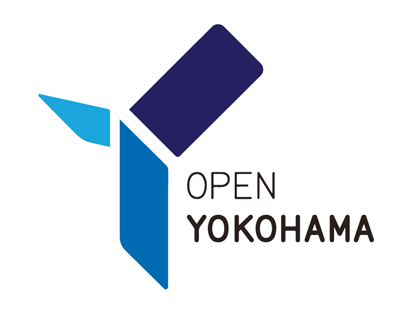

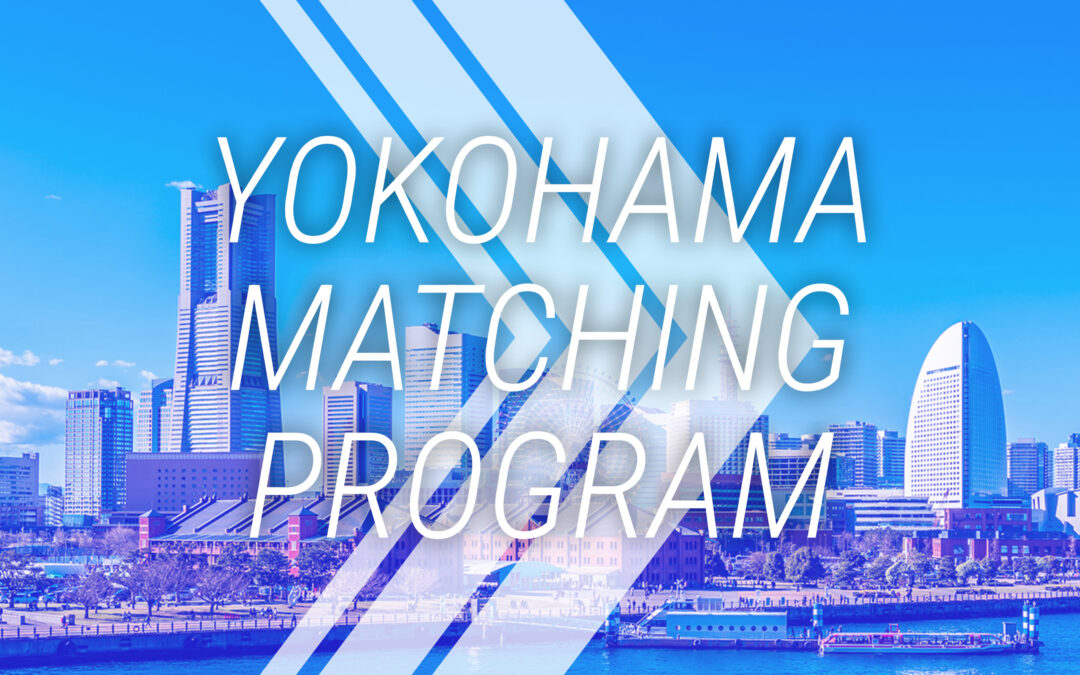
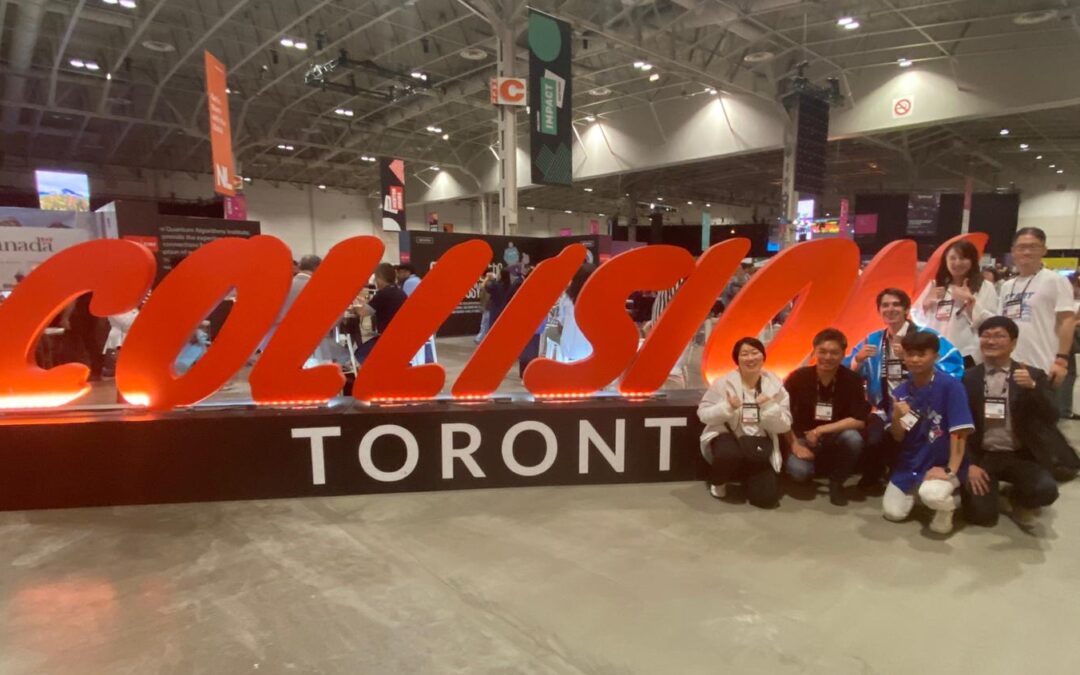
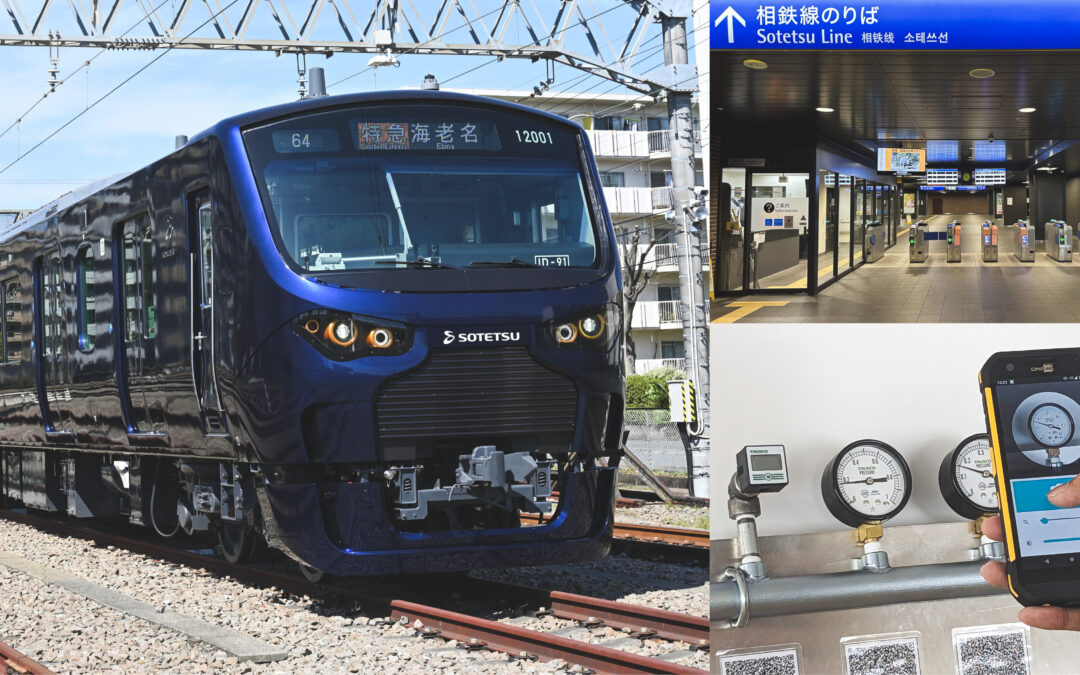
-1080x675.jpeg)
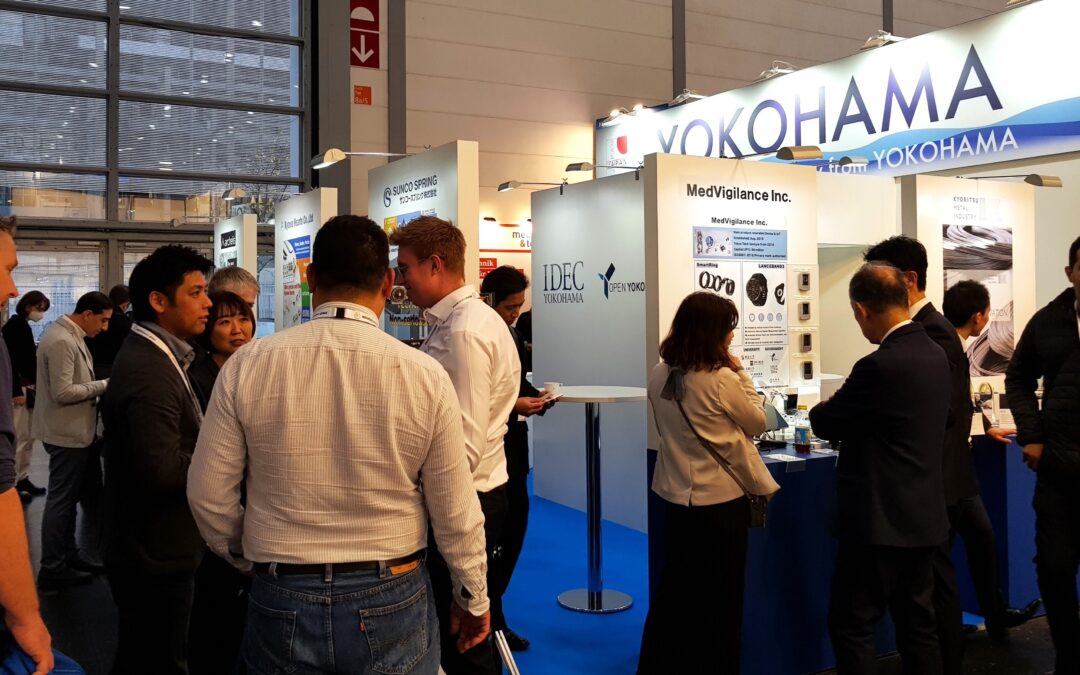
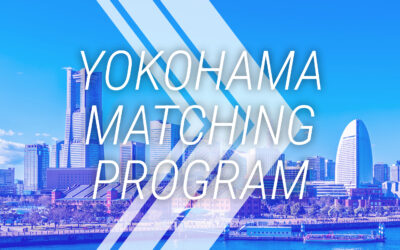
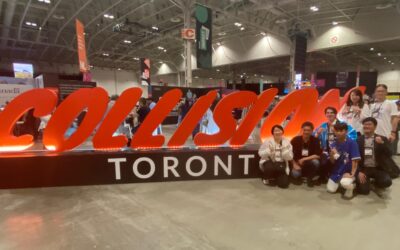
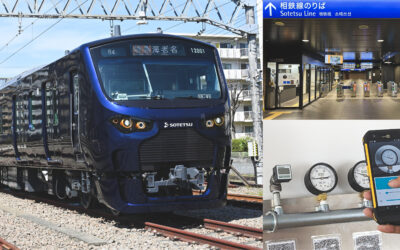
-400x250.jpeg)